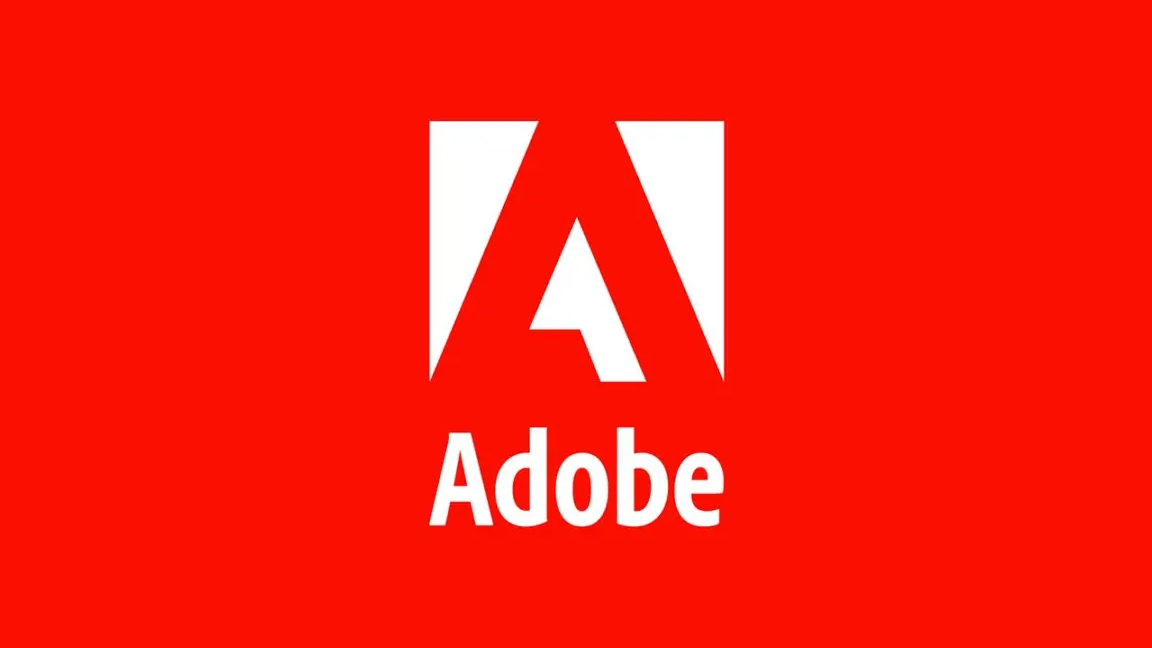The most controversial TV adverts of all time
From Pepsi to Peloton, these ads got people talking.
A good TV advert can stick with you forever – a testament to the precise work needed to create a successful campaign. But what happens when big brands miss the mark, and how does it affect how they're perceived? Often the results are equally as memorable, but for all the wrong reasons, leading to audience outrage and a damaged reputation.
Journey advertising platform illumin has compiled a list of the most controversial TV ads that have sparked outrage in the US. From Pepsi to Peloton, it's clear that anything can hit the wrong note with audiences, so to avoid the same mistakes we've got to learn from the past. (For some inspiring ads, check out our collection of the best billboard advertising examples).
01. Pepsi – Global Message of Unity
If there's one thing that consumers hate, it's performative activism (or when brands try to be cool and fail miserably). In 2017, Pepsi released its 'Global Message of Unity' campaign featuring model Kendall Jenner on a peace mission, armed with nothing but a refreshing can of Pepsi. Breezing through crowds of protestors, Jenner hands a riot police member the coveted beverage, seemingly diffusing the conflict as the crowd erupts into cheers.
The ad was mainly criticised for its concision with the ongoing Black Lives Matter movement, as it appeared to trivialise the important protesting efforts of activists. The backlash was so strong that Pepsi released an apology statement and removed the ad entirely.
02. Peloton – The Gift That Gives Back
A 2019 Peloton advert caused controversy due to its supposed sexist and dystopian depiction of women and gender roles. After a wife is gifted a Peloton bike for Christmas from her husband, the ad shows a series of video diaries which suggest that her life has dramatically improved since her Peloton journey.
The ad received negative feedback due to the sexist undertones of a husband dictating the fitness of his wife. The ad was so contentious that it resulted in a stock decrease of up to $1.5 billion for the company.
03. Gilette - We Believe
Gilette's 2019 'We Believe' ad caused controversy for its stark depiction of societal issues such as cyberbullying, sexual harassment and mansplaining. Playing on its slogan 'The Best A Man Can Get', the brand brings male gender roles into question, calling for a change in sexist attitudes in light of the #MeToo movement.
Get the Creative Bloq Newsletter
Daily design news, reviews, how-tos and more, as picked by the editors.
While Gilette intended to enact change, some audiences felt that the brand was stepping out of line in trying to raise awareness. The brave move caused some consumers to threaten a complete boycott of the brand.
04. Snickers - Do Something Manly
Superbowl ads are somewhat of a cultural phenomenon, so if you've snagged a precious spot in the advertising roster, you've got to make a statement (like this year's genius M&M's campaign). In 2007, Snickers did just that, with the 'Do Something Manly' campaign, which saw two mechanics sharing an accidental Snickers-induced smooch. To combat the supposed 'mistake' the men counteract it with acts of manliness, such as ripping out chest hair and drinking car oil.
The ad was unpopular among gay rights activists who saw it as a homophobic display supported by negative gender stereotypes. It was later pulled from TV after the backlash.
Huggies – Dad Test
This 2012 ad from Huggies caused a stir among parents for its sexist portrayal of parenthood. Putting a group of fathers to the "toughest test possible", the ad attempted to playfully confirm that the product could "hold up to daddyhood". While a group of fathers looked after their children, the mothers received a well-deserved rest, in the form of getting a manicure, running and drinking coffee.
The laughably binary ad was met with contention from fathers, who felt that the ad painted them as inferior parents while affirming outdated gender roles. A petition was started to remove the ad and Huggies later released an apology statement.
If you're after more contentious advertising, check out the Ozempic logo that has a controversial secret, or take a look at the beer company cartoon ad that was criticised for 'appealing to children'.

Thank you for reading 5 articles this month* Join now for unlimited access
Enjoy your first month for just £1 / $1 / €1
*Read 5 free articles per month without a subscription

Join now for unlimited access
Try first month for just £1 / $1 / €1

Natalie Fear is Creative Bloq's staff writer. With an eye for trending topics and a passion for internet culture, she brings you the latest in art and design news. Natalie also runs Creative Bloq’s Day in the Life series, spotlighting diverse talent across the creative industries. Outside of work, she loves all things literature and music (although she’s partial to a spot of TikTok brain rot).
